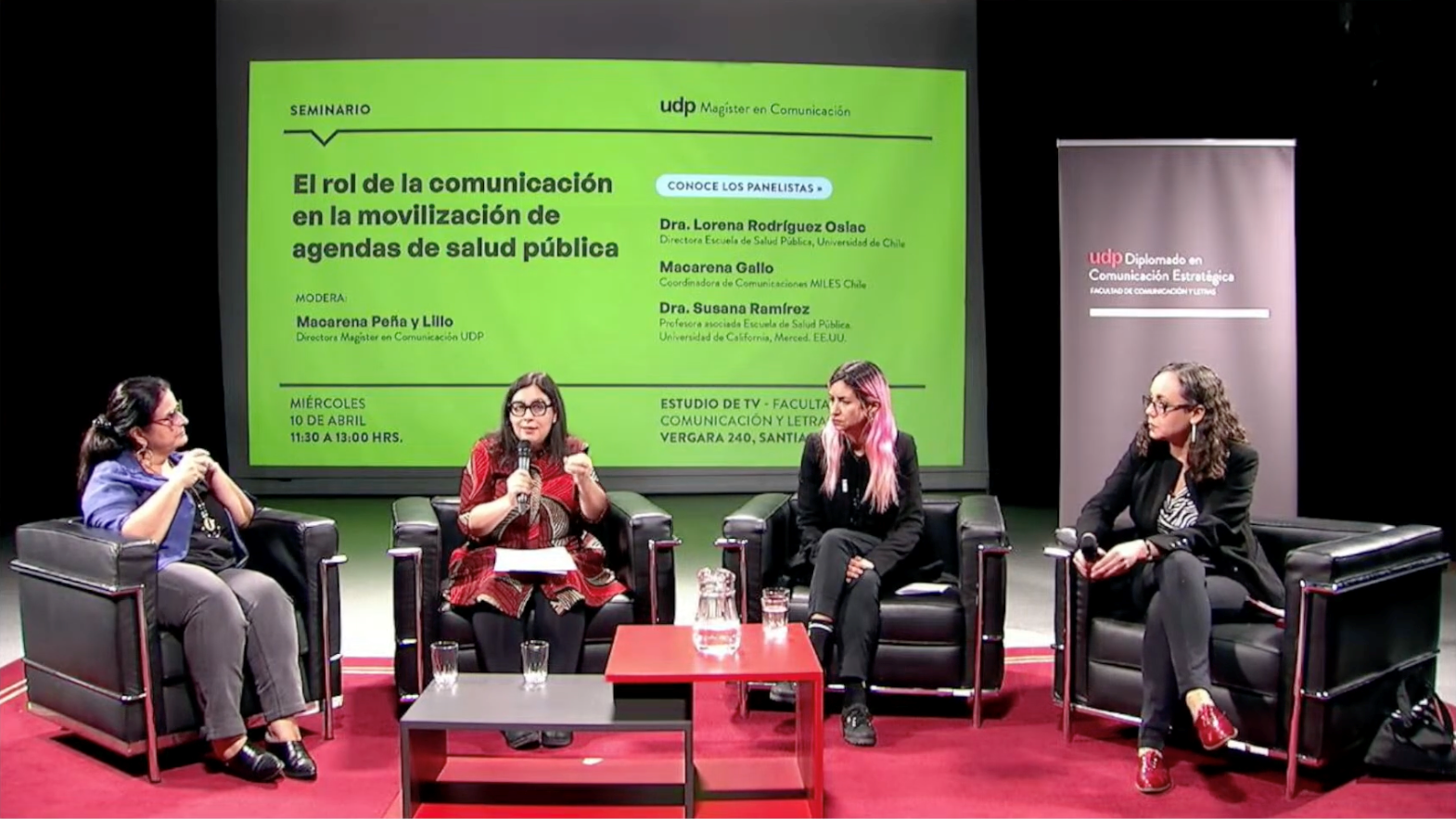October 23, 2024
Haga clic aquí para leer el artículo en español
Susana Ramírez, PhD, MPH, MA
During the 2023-24 academic year, I was on sabbatical conducting research on global health policy. Given my focus on communication and health, I had become curious about policy debates in Mexico regarding ways to combat the influence of the food and beverage industry on public health. In 2015, Mexico passed the world’s first large-scale tax on sugary beverages. Mexicans, and Mexicans in the US, suffer from staggering rates of preventable diet-related disease, such as Type II diabetes. But: The Mexican state has long had strong ties to the food and beverage industry—just a few presidents ago, the country was led by a former Coca-Cola executive. I wondered: How was Mexico overcoming the strong influence of industry on its politics and policies to enact such policies? And how would industry respond? So while I served as Director of Study Abroad Programs in Mexico in Fall 2019, I began a project to examine the framing strategies in the news; that resulted in a paper published in the journal BMJ Global Health. This publication featured former faculty member Dr. Denise Payán, PhD candidate Kesia Garibay, and undergraduate students Victoria Campos Gática (PH, 2022) and Yolanda Merino Salmeron (PH, 2022). All of the students also presented portions of the work at national conferences.
Separately, I had been working with a group including a nutrition expert, a bioethicist, a former marketing executive, and other public health scientists, to systematically examine the way marketing of junk foods contributes to health disparities. That resulted in the Racialized Marketing Framework, published in the Journal of Law, Medicine & Ethics. During my sabbatical leave, I wanted to push that framework further, to consider the global context, in which racism also matters, and is complicated by colonialism and its legacies.
I realized that much of what was happening in Mexico was the result of a global collaboration centered in Latin America. I thus decided to split my sabbatical time between Mexico and South America. Chile was of particular importance, as the birthplace of the modern front-of-package junk food label that Mexico adopted. During this research, I came to understand the multisectoral public health advocacy network and am analyzing the strategies they used to advance public health policies. I am now working on a book manuscript about the global dissemination of public health policies, centering the coalition-building and advocacy processes in Latin America that have contributed to a global shift in public health approaches to diet-related disease prevention.
Early versions of this work have been presented at conferences focused on Food and Communication (Dijon, France), Sociology (Montréal, Canada), and Health Communication (Washington, DC). I have also been invited to speak about the work-in-progress at universities in Chile and Perú, and at the University of Southern California, UC Irvine, and the University of Pennsylvania.





